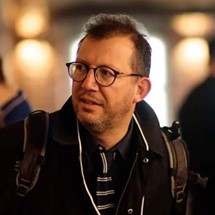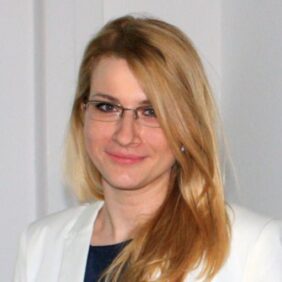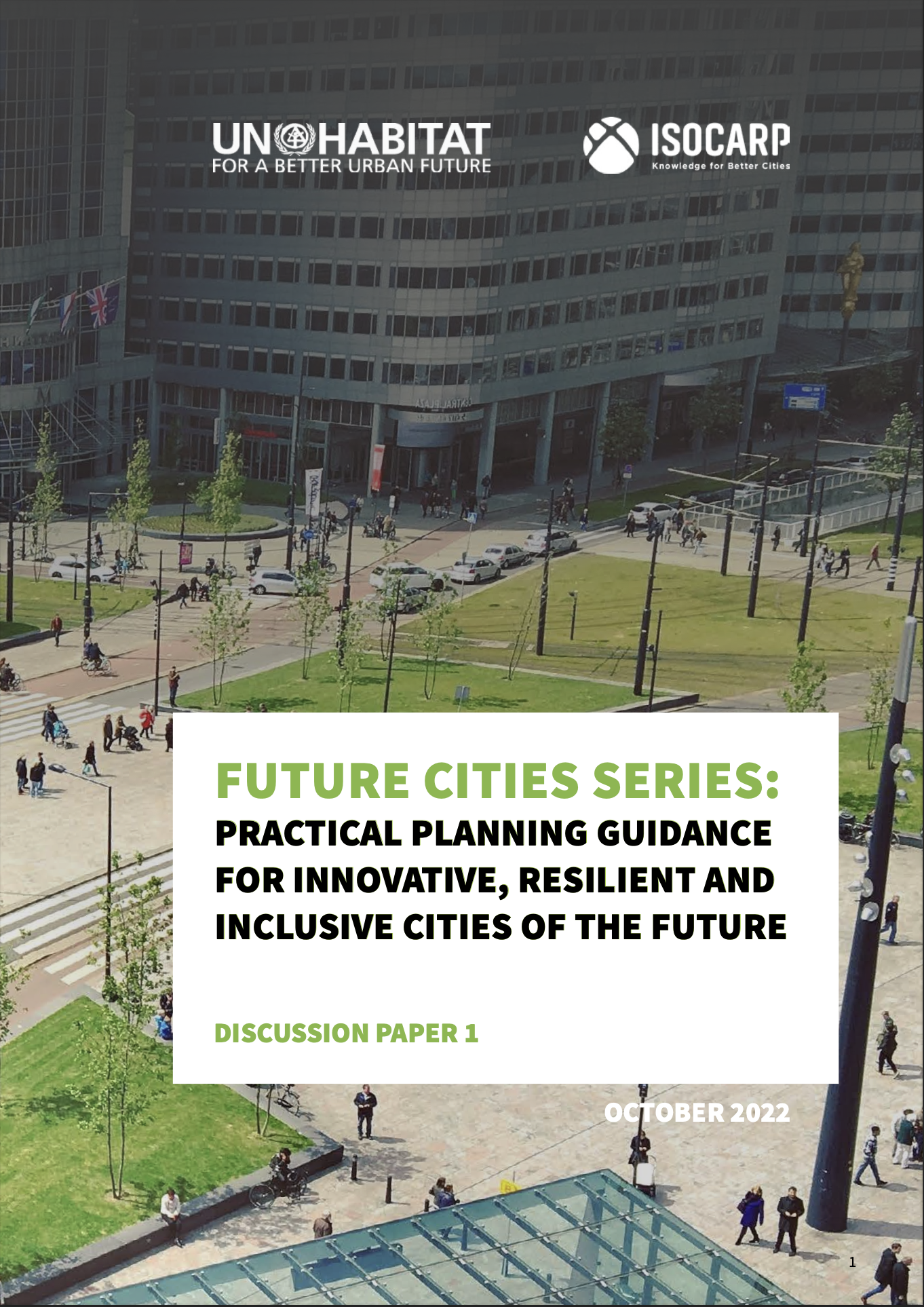
Innovations Shaping our Cities
The CoP on Urban Innovation – with a motto ‘Urban Futures – Innovations Shaping our Cities’ – builds upon the MoU between ISOCARP and UN-Habitat. This MoU defines the platform for collaboration towards the identification and up-scaling of proven effective innovations on urban planning and climate change, on the economy of innovation, and on social innovation. Under this MoU, UN-Habitat has a specific responsibility to support the CoP on Urban Innovation as an UN-Habitat / ISOCARP joint initiative and provide substantive inputs in its activities.
The CoP Urban Innovation will be led by ISOCARP members Michael Stott, Director City Strategy and Place at Urbis in Australia, Ana Peric, Lecturer at ETH in Switzerland/ISOCARP Board Member, Annie Woo, Director of CISTRI in Singapore, Pietro Elisei, Manager of URBASOFIA/ISOCARP President-Elect, and Melissa Permezel, UN-Habitat Knowledge & Innovation Unit Coordinator at Global HQ in Kenya. The CoP is supported by UN-Habitat’s Molly Gifford and Yi Zhang under the broader ISOCARP leadership in UN-Habitat of Laura Petrella, Chief of the Urban Planning and Economy section.
Innovation has become an increasingly important issue as many development-oriented organisations, including UN-Habitat, continue to grapple with the challenges of sustainable urbanisation. For UN-Habitat, innovation is not only a recognised tool for change identified by the Secretary General, it is becoming a critical internal mindset and tool to deliver the most creative, context sensitive and dynamic solutions to our partners and beneficiaries. It is also important as a device to deliver inclusive and sustainable impacts with our partners. As a dynamic collective of individuals interested in planning and sustainable urbanisation, ISOCARP is also keen to embrace the potential of innovation to understand its role in delivering inclusive sustainable cities. The initiative is a refresh and a second call for input, building upon the work completed in 2020 to establish the CoP on Urban Innovation. Due to the impacts of COVID-19, this work was delayed.
In the context of sustainable urban development, innovation is defined by UN-Habitat as the process, actions and outcomes that create and deliver new knowledge, tools and sustainable solutions to improve the living conditions for all in cities. Innovation can be digital or non-digital, and take shape as a process, a practical tool or application or as a culture. Approached from a collaborative perspective, it can help to efficiently deliver impacts at scale, put people at the centre of the development process and ensure that no one and no place is left behind.
Innovation is now an essential problem-solving system for our everyday living and our capacity to tackle the most pressing challenges the world faces today. Most of these challenges, including those as a result of unplanned or unsustainable urbanisation, occur simultaneously and are interconnected, meaning the next generation of innovators has a responsibility and opportunity to respond with innovative knowledge, tools and activities. Cities require low-cost, practical, and tested solutions that build sustainable communities, healthy lives and economies that leverage creativity and digital transformation.
Stewarded by Michael, Ana, Annie, Pietro, and Melissa, and supported by UN-Habitat colleagues, the CoP on Urban Innovation aspires the following activities:
- Practical publication(s) for city leaders, planning practitioners and other key stakeholders [See current call for authors here].
- Web platform for Urban Innovation featuring relevant case studies.
- Think Pieces for discussion and awareness-building within and outside ISOCARP, in collaboration with ISOCARP’s Scientific Committee.
- Showcasing CoP thought leadership on Urban Innovation during the ISOCARP World Planning Congress in November 2021, and participation in other global and regional events, such as the World Urban Forum 11 in 2022.
- Promote dynamic global discussions and practical learnings on the future of planning.
If you have interest to be an active and contributing member of the Community of Practice on Urban Innovation, please write to urbaninnovation@isocarp.org, or visit our page for the current call for authors for our first CoP on Urban Innovation publication.
We are striving for equitable and fair representation of people of different genders and geographies in all our Communities of Practice and as such, encourage all urban innovators to apply, particularly woman, underrepresented groups and those from the Global South.
Frank D’hondt
Secretary-General ISOCARP

Pietro Elisei
Manager of URBASOFIA/ISOCARP President-Elect Based in Bucharest, Romania
Town and regional planner, senior researcher, and policymaker. He collaborated, as consultant, with ministries, cities and towns all over Europe, holding important positions in international organizations dedicated to urban planning (PLANUM SG, ISOCARP VP). International expert in urban regeneration policies, integrated planning for small-medium sized cities and topics related to smart cities and strategic planning.
A collaborator with EU universities and research centers, he works as international expert with international institutions (European Commission: URBACT and UIA Secretariats, UN-Habitat, UNECE) for important urban and territorial planning research/planning tasks. Dr. Elisei also routinely holds keynote speeches in international conferences and publishes a number of scientific articles on topics related to urban planning. Founder and Director of URBASOFIA (www.urbasofia.eu).
Michael is a designer, planner and strategist who has spent the last 20+ years working on projects around the world. Michael’s diverse professional experience includes working for several leading, globally recognised consultancies and government entities at the forefront of changing how cities are designed and planned.
In his practice, Michael focuses on creating compelling, place-led design solutions and delivering projects that work to increase the quality of life of community residents, whether through strategic planning and policy development, individual site design or large-scale master plans, urban design for new transportation corridors, or the design of a community park or intimate urban plaza. As an accomplished facilitator and speaker, Michael regularly presents and consults internationally on issues related to placemaking, urban renewal and creating healthy cities. He has also contributed to numerous publications, summer schools, urban design master classes, and placemaking seminars.

Michael Stott
Director City Strategy and Place, Urbis
Based in Brisbane, Australia

Ana Peric
Lecturer, ETH Zurich
Based in Zurich, Switzerland
Educated as architect and urban planner, Ana is lecturer at the Institute for Spatial and Landscape Development at ETH Zurich, and research fellow at the Faculty of Architecture, University of Belgrade. In more than a decade of research experience in the fields of territorial governance, spatial development, collaborative planning, urban regeneration, and planning theory, she has participated in a number of projects on various topics: from spatial and transport development in European macro-regions, to brownfield regeneration initiatives, and models of integrated urban development for dense and green cities.
Ana wrote a monograph, co-edited four books, and co-authored more than sixty journal and conference papers. Dedicated to combining research with practical assignments, Ana contributed to several policy papers, strategic guidelines, and master plans. She has been active in various interdisciplinary networks: a working group of the European Commission (EC) Corridor Coordinators focused on the Orient/East-Med Corridor; the Western Balkan Network on Territorial Governance; the Planners for Climate Action (P4CA) branch of UN-Habitat; and the International Society of City and Regional Planners (ISOCARP), serving as a Board Member responsible for: jurying the ISOCARP awards, preparing capacity building trainings, and co-organizing annual congresses, among other tasks.
She is one of Singapore’s most respected industry real estate executives. Joining CISTRI in December 2019, Annie brings a wealth of extensive global real estate consulting experience, in a career spanning over 25 years. Previously, Annie was Head of Consulting at CBRE Singapore and took the lead in complex consulting and research work such as business strategy and project delivery, development programming and land use optimization as well as and financial feasibility for all property classes and large-scale master plans in South East Asia.
In addition to the private sector, Annie has also assisted government bodies and agencies to evaluate their real estate portfolio and recommended industry best practices with respect to asset management, place management, project positioning and marketing. Annie will continue to provide evidence-based advisory and socio-economic perspectives into urban planning. Combining science and art, the goal is to deliver practical solutions to urban issues, creating liveable, sustainable and manageable places.

Annie Woo
Real Estate Advisor and Economist, CISTRI
Based in Singapore

Melissa Permezel
Coordinator at the Innovation Unit of UN-Habitat
Based in Nairobi, Kenya
Dr. Melissa Permezel, a human geographer, is Coordinator at the Innovation Unit of UN-Habitat, HQ Nairobi. As an urban specialist with over twenty years of combined partnership, research, and development experience, she has a firm overview of sustainable urbanisation issues, such as land governance, urban planning, slum upgrading, urban legislation, policy and tool development, project management, and stakeholder engagement. She has also worked at the country level, in intermediary cities, and with various stakeholders from ministers to local chiefs. At the UN-Habitat’s Innovation Unit, Melissa leads an agenda to approach innovation holistically, incorporating both digital and non-digital innovations and strengthening the capacity of UN-Habitat and partners to use innovation as a tool for fostering sustainable urban development.
